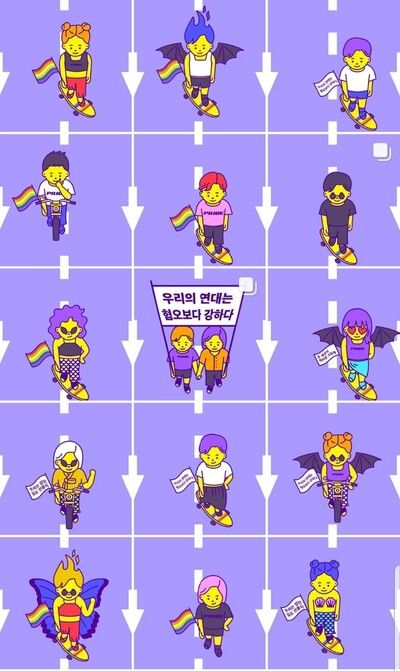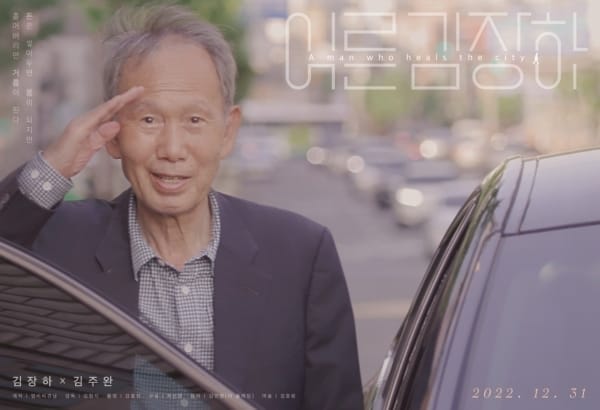Image: Online queer parade by Dotface, a media company. Credit: Dotface.
This year, the 22nd annual Seoul Queer Parade went mostly virtual out of concerns for the COVID-19 pandemic. From June 27 to July 18, the parade organizers will have programs over YouTube, and also hold small-scale events like drag makeup sessions throughout the city. But in the halls of the National Assembly 국회, the march for equal LGBTQ+ rights legislation has progressed farther than ever before.
The legislative battle for gay rights has centered around passing the Anti-Discrimination Act 차별금지법, a comprehensive law that would prohibit discrimination based on factors such as sex, race, religion, and sexual orientation. First pursued in 2007 under the liberal Roh Moo-hyun 노무현 administration, several different forms of the legislation were proposed eight times between 2007 and 2013, and failed each time, despite the broad public support for the law. In a poll conducted by Sisa Journal 시사저널 on June 22, 66.5% of respondents favored passing an ADA.
South Korea does have several laws that prohibit specific instances of discrimination. The Act on the Prohibition of Discrimination Against Disabled Persons 장애인차별금지법 protects the rights of the disabled; the Act on Prohibition of Age Discrimination in Employment 연령차별금지법 and Sexual Equality Employment Act 남녀고용평등법 prohibit discrimination based on age and sex in the economic sphere. But the comprehensive prohibition against discrimination failed to pass through the legislature largely because of the determined opposition by Evangelical Christian churches against homosexuality. The organizational strength of churches has been enough to sink the legislation, especially for district-based legislators who must consider the churches’ ability to bundle votes.
There are some reasons to think this time might be different. On June 16, five term lawmaker Lee Sang-min 이상민 of the Democratic Party 민주당, along with 24 co-sponsors, proposed a version of an Anti-Discrimination Act that he termed Equality Act 평등법. Lee said he had been receiving round-the-clock phone calls and text messages in denunciation, but added: “It would be cowardly for a five term veteran to run away from this issue.” More wind in the sails for the ADA is the direct petition for the law. On June 14, more than 100k people signed the National Assembly petition for ADA’s enactment, pushing the bill directly onto the Legislation and Judiciary Committee 법사위원회.
As usual, conservatives are promising a battle. People Power Party chairman Lee Jun-seok 이준석 국민의힘 당대표 initially seemed to be in favor of the law, then quickly changed his tune by calling the Anti-Discrimination Act “too early” 시기상조. Conservative Christians claim (without basis) that the law would even penalize Sunday sermons. A more recent vintage of opposition is a small but vocal group of trans-exclusionary radical feminists (TERFs), who claim (again, without basis) the law would give license to transgender women to invade women’s spaces for sexual assault. But with liberals holding a near-supermajority in the Assembly and the leading liberal presidential candidates expressing support for the law, this time might be different.








